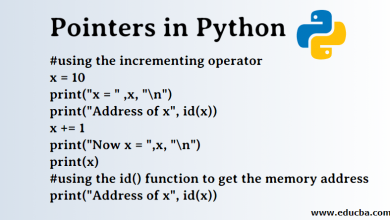Tutorials
RealPython – Python Modules and Packages – An Introduction
RealPython – Python Modules and Packages – An Introduction Free Tutorial Download
This article explores Python modules and Python packages, two mechanisms that facilitate modular programming.
Modular programming refers to the process of breaking a large, unwieldy programming task into separate, smaller, more manageable subtasks or modules. Individual modules can then be cobbled together like building blocks to create a larger application.
There are several advantages to modularizing code in a large application:
- Simplicity: Rather than focusing on the entire problem at hand, a module typically focuses on one relatively small portion of the problem. If you’re working on a single module, you’ll have a smaller problem domain to wrap your head around. This makes development easier and less error-prone.
- Maintainability: Modules are typically designed so that they enforce logical boundaries between different problem domains. If modules are written in a way that minimizes interdependency, there is decreased likelihood that modifications to a single module will have an impact on other parts of the program. (You may even be able to make changes to a module without having any knowledge of the application outside that module.) This makes it more viable for a team of many programmers to work collaboratively on a large application.
- Reusability: Functionality defined in a single module can be easily reused (through an appropriately defined interface) by other parts of the application. This eliminates the need to duplicate code.
- Scoping: Modules typically define a separate namespace, which helps avoid collisions between identifiers in different areas of a program. (One of the tenets in the Zen of Python is Namespaces are one honking great idea—let’s do more of those!)




